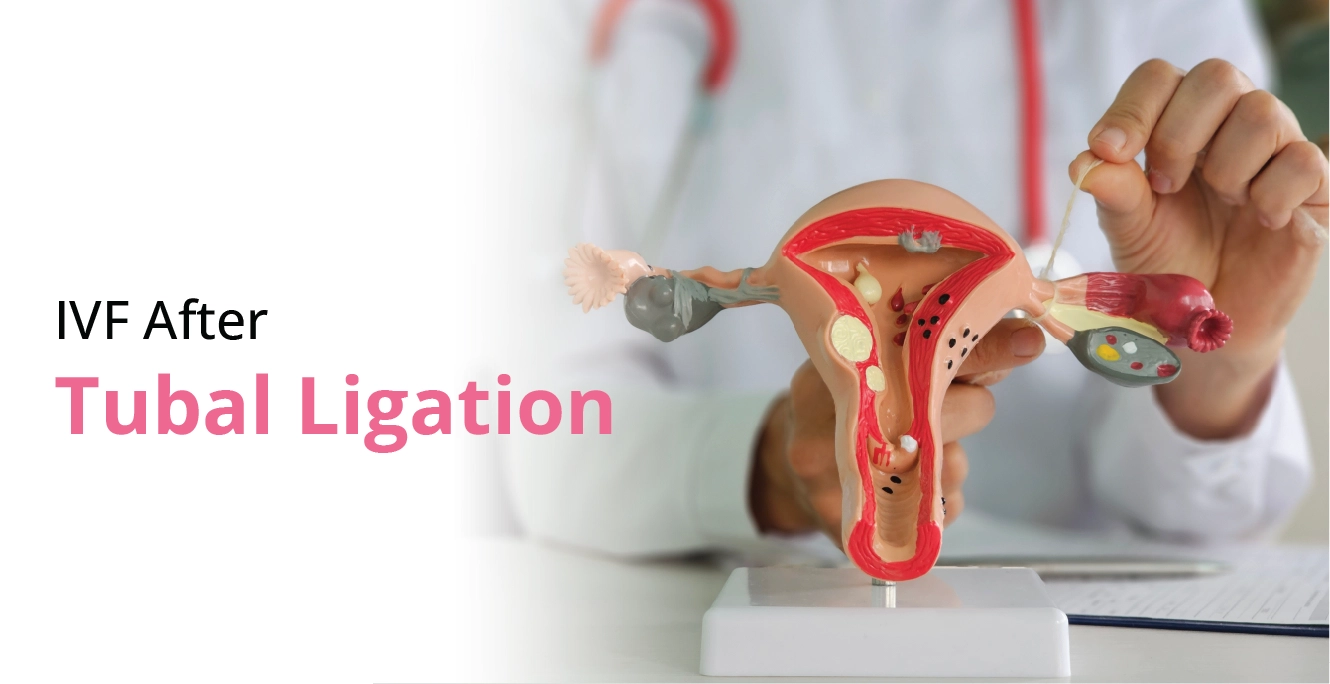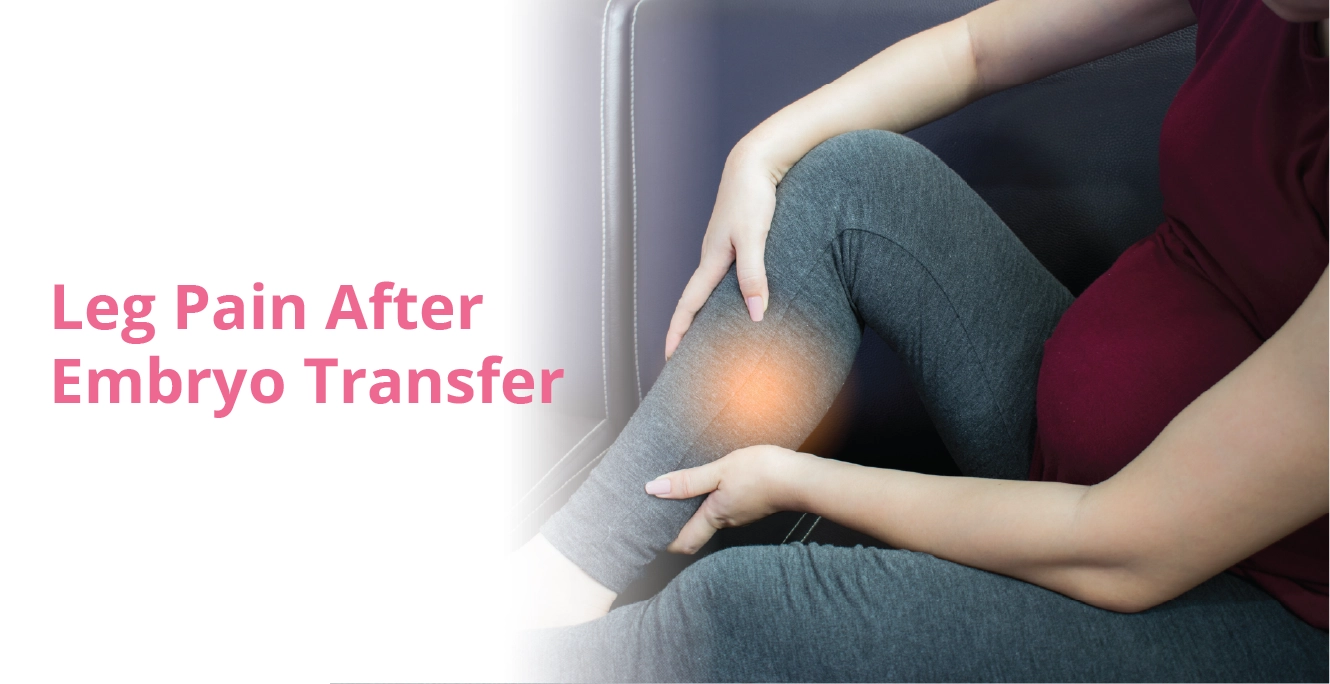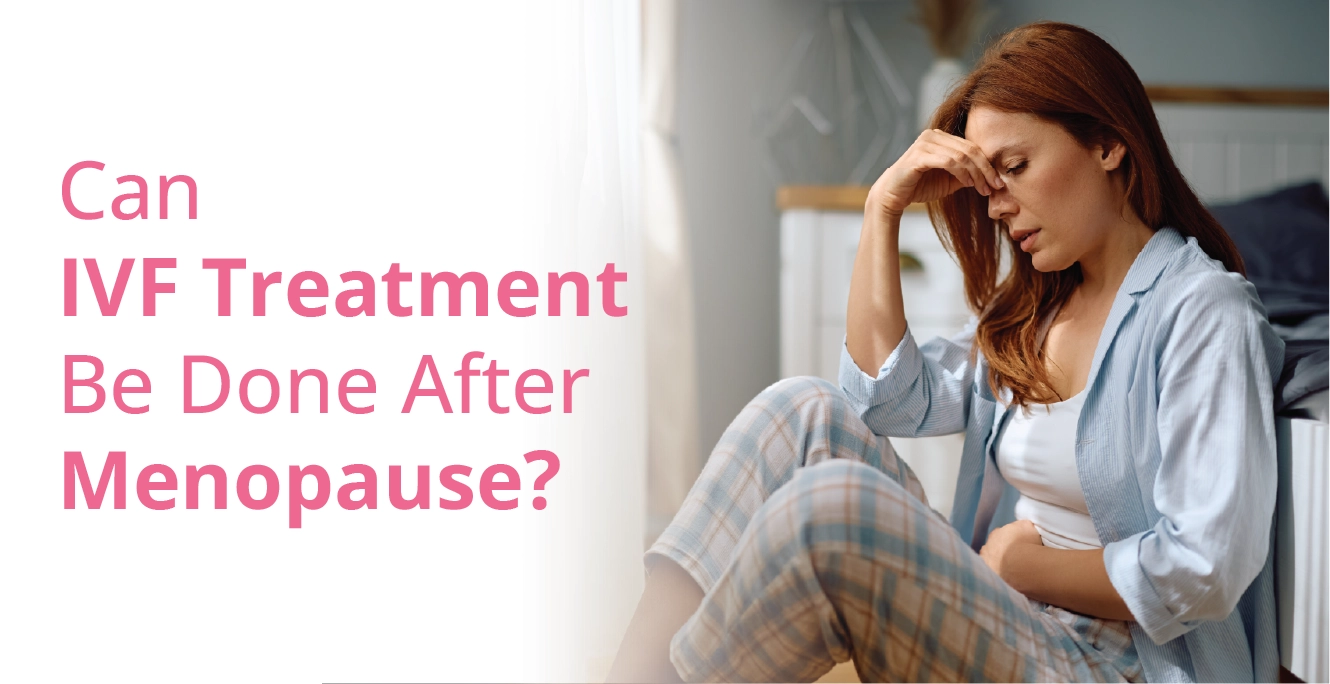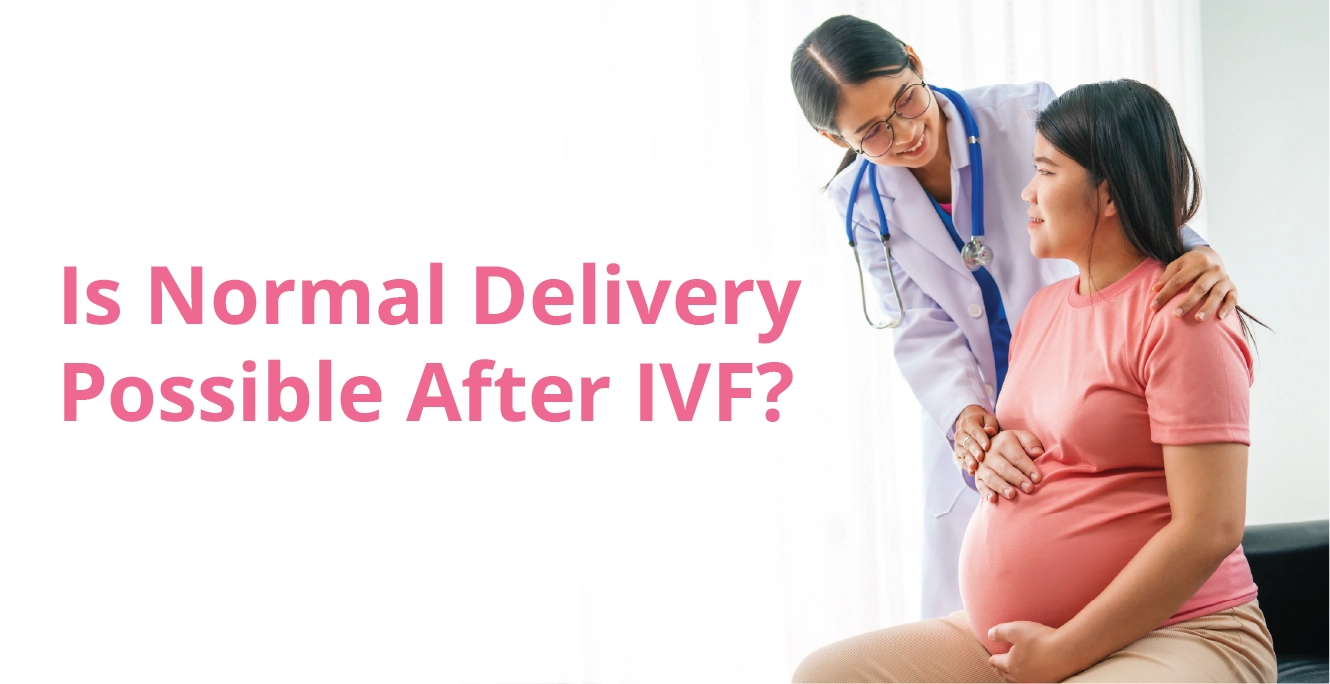
Ovum Pick-Up: Safe Egg Retrieval Procedure

Table of Contents
Embarking on the IVF path is a blend of excitement and emotional challenges for couples on their journey to conception. A pivotal stage in this journey is the ovum pickup procedure, where eggs are retrieved for the fertilization process. Let’s understand the details about the ovum pick procedure in this article and learn how you can prepare yourself before undergoing fertility treatment.
What is the Ovum Pick-up Procedure?
The ovum, also known as an egg cell, is produced in the ovaries during ovulation and is capable of being fertilized by sperm to initiate pregnancy. The ovum pick-up procedure is one of the key steps of IVF treatment, where eggs or oocytes are retrieved and fertilized outside the body.
Ovum pick-up is a daycare procedure in which the eggs are retrieved from the ovarian follicles with the help of a thin needle (ACE Single Lumen Ovum Pickup Needle). It is a minimally invasive procedure that is not usually painful or complicated. This procedure is also suggested for women who want to opt for egg freezing or fertility preservation
How Do You Prepare for the Ovum Pick-up Procedure?
A few factors are involved in preparing before your ovum pick-up procedure:
- Checkups and Tests:
Before proceeding with the ovum pick-up procedure and fertility treatment, you’ll likely need to undergo fertility tests and consult with your fertility specialist or OBGYN. Once you understand the process, your doctor may recommend specific tests to assess your overall health.
- Hormone Injections:
Leading up to the ovum pick-up procedure, you will receive hormone injections throughout your cycle. The final injection, known as the trigger shot, is administered just before the ovum pick-up procedure, typically about 36 hours beforehand.
- Fasting:
If your procedure is scheduled for the morning, overnight fasting is necessary. Otherwise, you should fast for at least 6 hours without consuming liquids, with a minimum of 4 hours before the procedure. Also, you should avoid taking any medications unless necessary for chronic conditions like diabetes, heart conditions, or thyroid issues.
- Monitoring of Follicles:
During your treatment, your follicles will be monitored regularly to determine the optimal time for the ovum pick-up procedure. This procedure is timed just before ovulation to retrieve mature eggs before they are released
- Trigger Injection:
You’ll receive an hCG (also known as pregnancy hormone) hormone injection approximately 24-36 hours before the procedure. This final trigger injection prevents ovulation from occurring before the procedure takes place.
What Happens on the Day of the Ovum Pick-up Procedure?
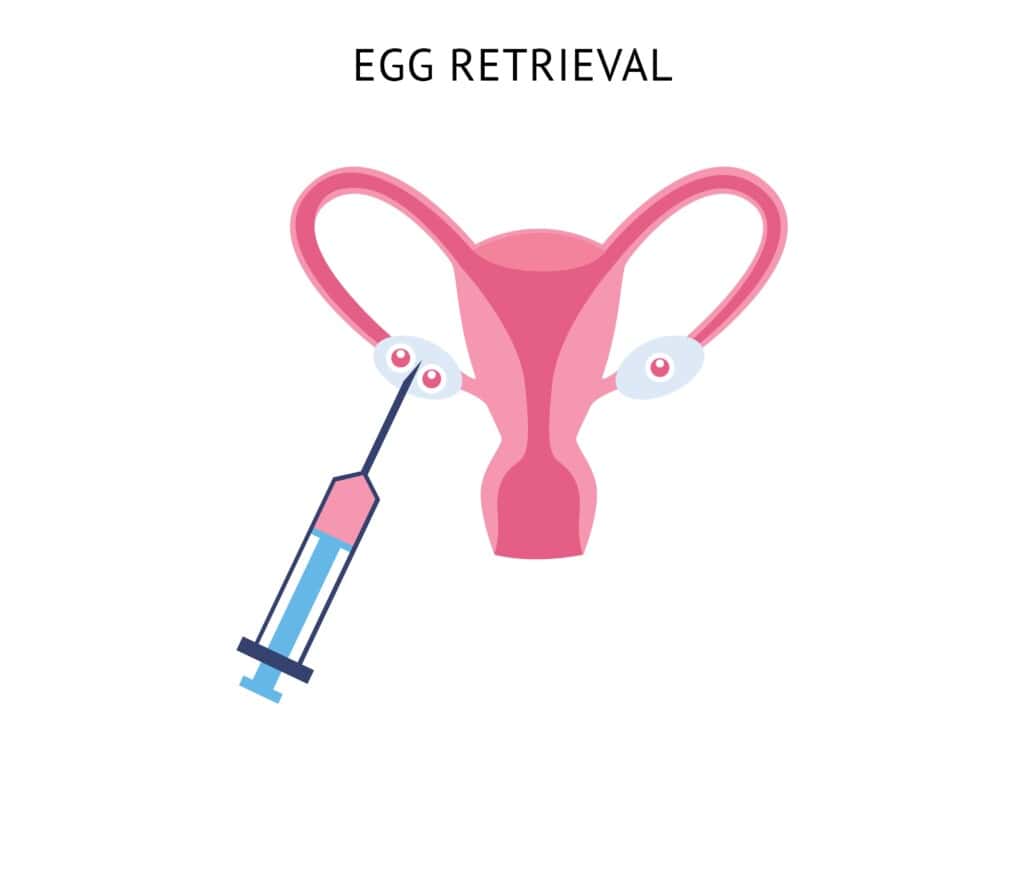
First, you’ll receive anaesthesia to ensure you don’t feel discomfort during the procedure. This can be general anaesthesia or local anaesthesia.
Next, the gynaecologist or surgeon will perform the procedure, which typically lasts about 20 to 30 minutes, although it can be shorter depending on the number of eggs being retrieved and other individual factors.
During the procedure, a long, thin needle is guided by ultrasound through the vaginal opening to locate the ovaries and follicles. The needle is then used to gently retrieve the fluid from the follicles, which contain the eggs.
What Happens After the Ovum Pick-up Procedure?
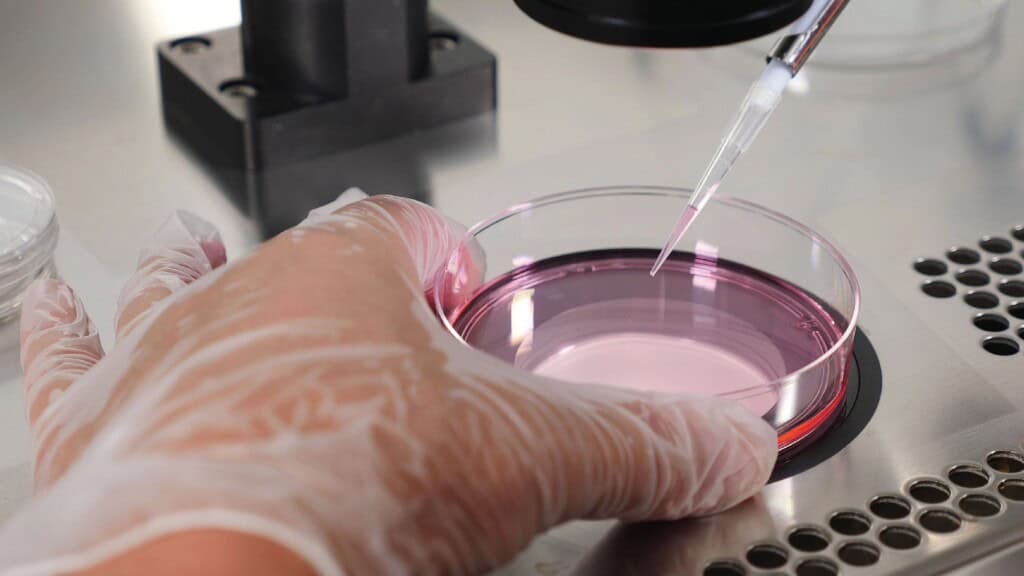
After the ovum pick-up procedure, you’ll rest briefly until the anaesthesia wears off, and the venous catheter will be removed.
Avoid travelling long distances or driving yourself because the effects of the IV medications may take time to fully wear off. You can resume eating regular food after the ovum pickup procedure.
Typically, there are no serious symptoms after the ovum pick-up procedure. However, you may experience mild side effects like light vaginal bleeding or spotting. If you do have symptoms, they may include:
- Feeling thirsty or feeling dryness in the mouth
- Pain, soreness, or heavyness in the pelvic area
- In rare cases, there can be nausea
If you encounter severe symptoms such as intense lower abdominal pain, fainting, heavy vaginal bleeding, or fever, it’s important to seek immediate medical attention at the clinic.
Precautions After Ovum Pick-up Procedure
A few precautions you can keep in mind after the ovum pick-up procedure:
- Avoid driving yourself to work
- Avoid doing any work on the day of the ovum pickup.
- Avoid activities where you have to be in water, such as a bath or swimming for some days
- Avoid intercourse for several days until the vagina heals
Conclusion
The fertility treatment process like IVF assists in maturing and retrieving eggs at the appropriate time using one of the key steps, i.e., the ovum pick-up procedure, which is then fertilized outside of the body. If you are planning for personalized guidance and an effective fertility treatment, consult our specialist by calling us today or visiting our fertility centers.
Our Fertility Specialists
Related Blogs
To know more
Birla Fertility & IVF aims at transforming the future of fertility globally, through outstanding clinical outcomes, research, innovation and compassionate care.
Had an IVF Failure?
Talk to our fertility experts

 Our Centers
Our Centers





